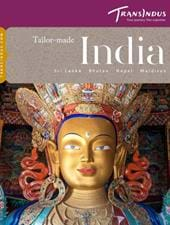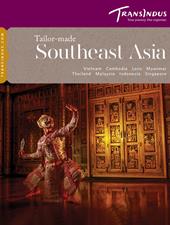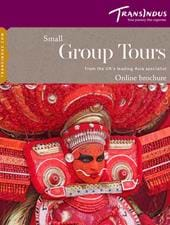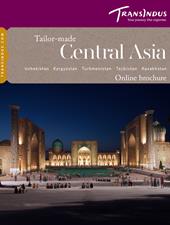Jeonju, a city where history and tradition come alive, is one of South Korea's most enchanting destinations, offering a glimpse into the country's rich cultural heritage. At the heart of Jeonju lies its iconic Hanok Village, a beautifully preserved neighbourhood featuring over 800 traditional Korean houses or hanoks. As you wander through its narrow lanes, you'll be transported back in time, surrounded by the elegant curves of these wooden homes, each with gracefully tiled roofs and intricately crafted eaves. The village is a living museum, where every corner reveals something new—a quiet tea house, an artisan's workshop, or a tranquil garden.
Jeonju is also home to significant historical sites like Gyeonggijeon Shrine, where the spirit tablet of King Taejo, the founder of the Joseon Dynasty, is enshrined. Visitors can experience a sense of reverence and peace while walking the grounds, surrounded by ancient trees and the whispers of history. Another must-visit is the Jeondong Catholic Church, a stunning example of early 20th-century architecture that blends Western and Eastern design elements, further adding to the city's unique cultural landscape.
A visit to Jeonju would only be complete with indulging in its culinary delights. The city is the birthplace of bibimbap, a colourful and flavorful dish that has become a symbol of Korean cuisine. This dish, with its unique blend of flavours and textures, is a testament to Jeonju's rich culinary history. Beyond bibimbap, visitors can savour traditional makgeolli, a milky rice wine often enjoyed with local jeon (savoury pancakes) in one of the many cosy, traditional taverns.
In Jeonju, the past and present coexist harmoniously, offering a rich, immersive experience that leaves every visitor with a deeper understanding and appreciation of Korea's cultural roots. This unique harmony is evident in every aspect of the city, from its historical sites to its culinary traditions.









